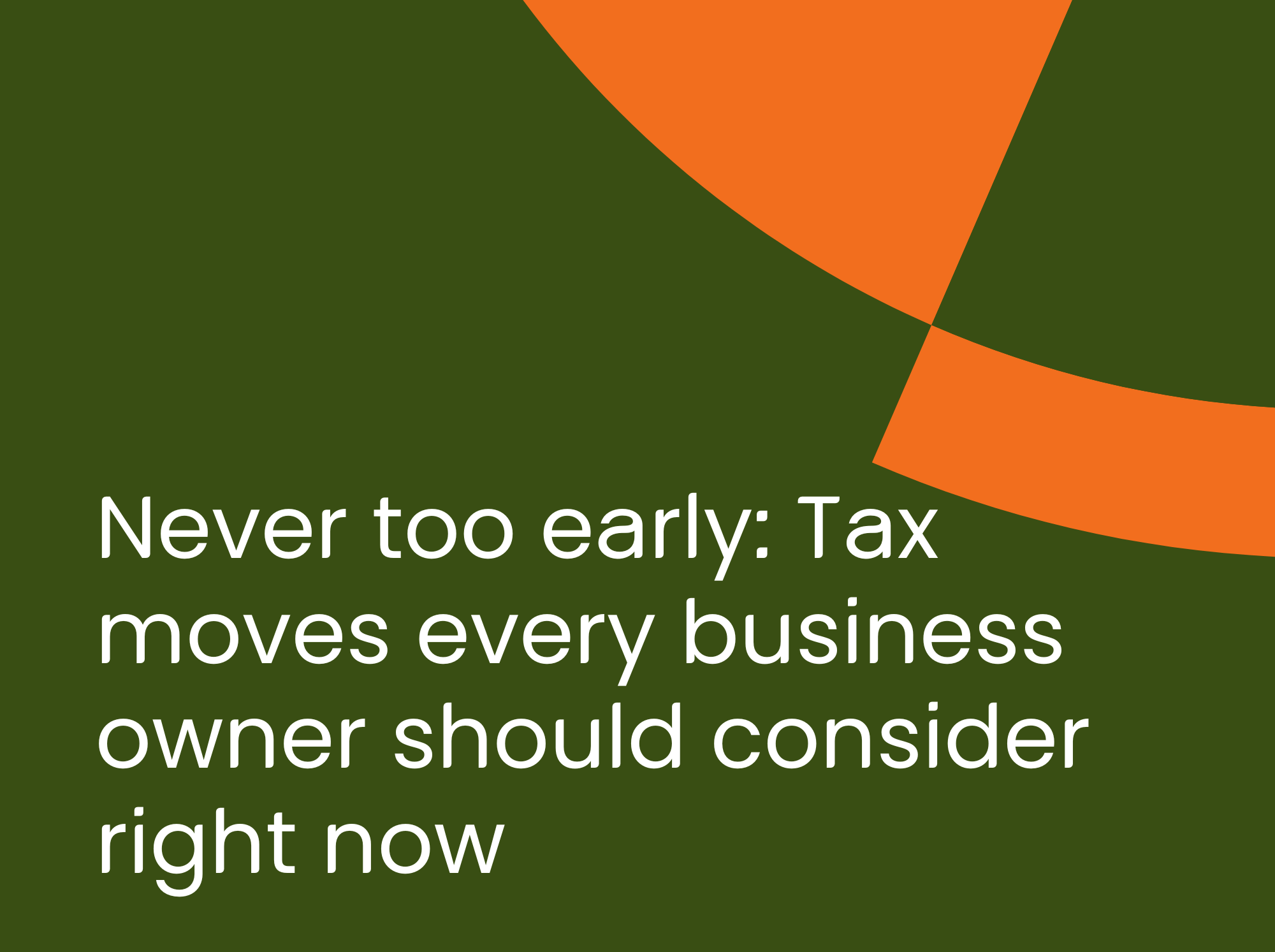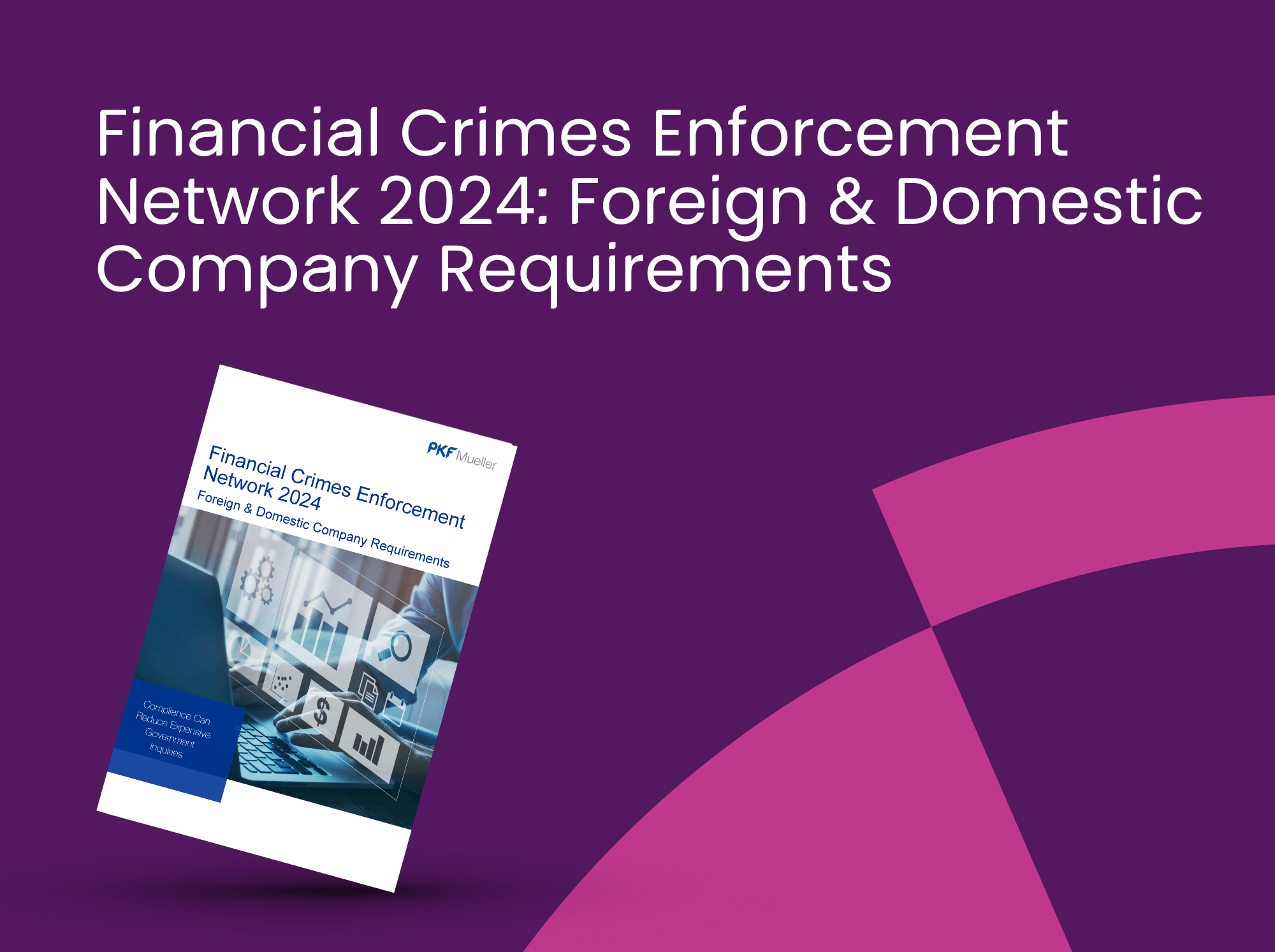The Illinois “Fair Tax” is a significant proposal to change the existing personal income tax structure from one flat rate (currently, 4.95%) to a series of graduated rates. This legislation has the power to impact all Illinois taxpaying residents.
According to the Illinois Senate Joint Resolution Constitutional Amendment Number 1, the explanation of the proposed amendment is as follows:
“The proposed amendment grants the State authority to impose higher income tax rates on higher income levels, which is how the federal government and a majority of other states do it. The amendment would remove the portion of the Revenue Article of the Illinois Constitution that is sometimes referred to as the ‘flat tax,’ that requires all taxes on income to be at the same rate. The amendment does not itself change tax rates. It gives the State the ability to impose higher tax rates on those with higher income levels and lower income tax rates on those with middle or lower income levels. You are asked to decide whether the proposed amendment should become a part of the Illinois Constitution.”
If the Amendment passes, the General Assembly has proposed the initial new tax rates as follows (but again, these rates could easily and repeatedly be changed):
“(35 ILCS 5/201.1 new)
Sec. 201.1. Tax rates. In the case of an individual, trust, or estate, for taxable years beginning on or after January 1, 2021, the amount of the tax imposed by subsection (a) of Section 201 of this Act shall be determined according to the following tax rate structure:
1. for taxpayers who do not file a joint return and have a net income of $750,000 or less:
a) 4.75% of the portion of the taxpayer’s net income that does not exceed $10,000;
b) 4.9% of the portion of the taxpayer’s net income that exceeds $10,000 but does not exceed $100,000;
c) 4.95% of the portion of the taxpayer’s net income that exceeds $100,000 but does not exceed $250,000;
d) 7.75% of the portion of the taxpayer’s net income that exceeds $250,000 but does not exceed $350,000; and
e) 7.85% of the portion of the taxpayer’s net income that exceeds $350,000 but does not exceed $750,000; and
2. for taxpayers who do not file a joint return and have a net income that exceeds $750,000, 7.99% of the taxpayer’s net income;
3. for taxpayers who file a joint return and have a net income of $1,000,000 or less:
a) 4.75% of the portion of the taxpayer’s net income that does not exceed $10,000;
b) 4.9% of the portion of the taxpayer’s net income that exceeds $10,000 but does not exceed $100,000;
c) 4.95% of the portion of the taxpayer’s net income that exceeds $100,000 but does not exceed $250,000;
d) 7.75% of the portion of the taxpayer’s net income that exceeds $250,000 but does not exceed $500,000; and
e) 7.85% of the portion of the taxpayer’s net income that exceeds $500,000 but does not exceed $1,000,000; and
4. for taxpayers who file a joint return and have a net income of more than $1,000,000, 7.99% of the taxpayer’s net income.”
Illinois has developed an online calculator to quantify the impact of the Fair Tax on taxpayers.https://www2.illinois.gov/sites/gov/fairtax/Pages/default.aspx
Please contact a member of our State and Local Tax (SALT) team with questions, or to review your personal tax situation and decide on best course of action if the amendment passes after the November election.
 Raymond Klosowski, CPA
Raymond Klosowski, CPA
Tax Manager
rklosowski@muellercpa.com
(708) 745-3523
 Artur Krawczyk, CPA, MST
Artur Krawczyk, CPA, MST
Tax Supervisor
akrawczyk@muellercpa.com
(847) 783-1912



